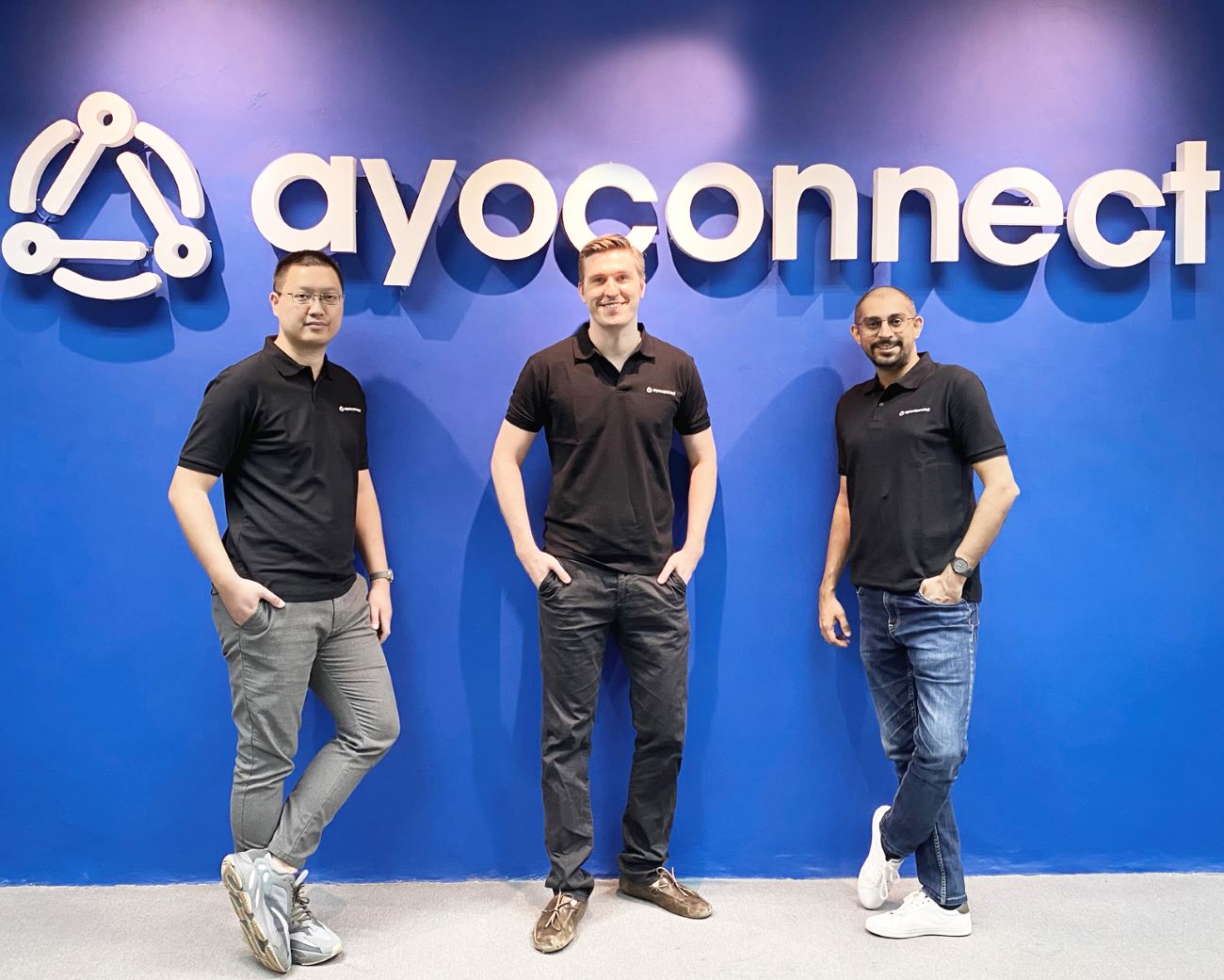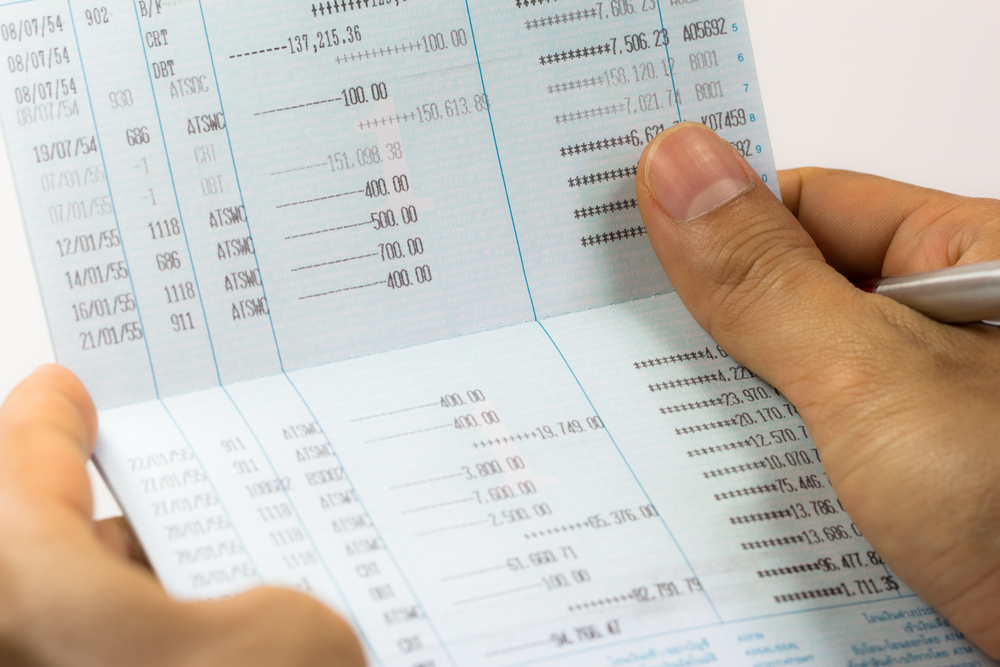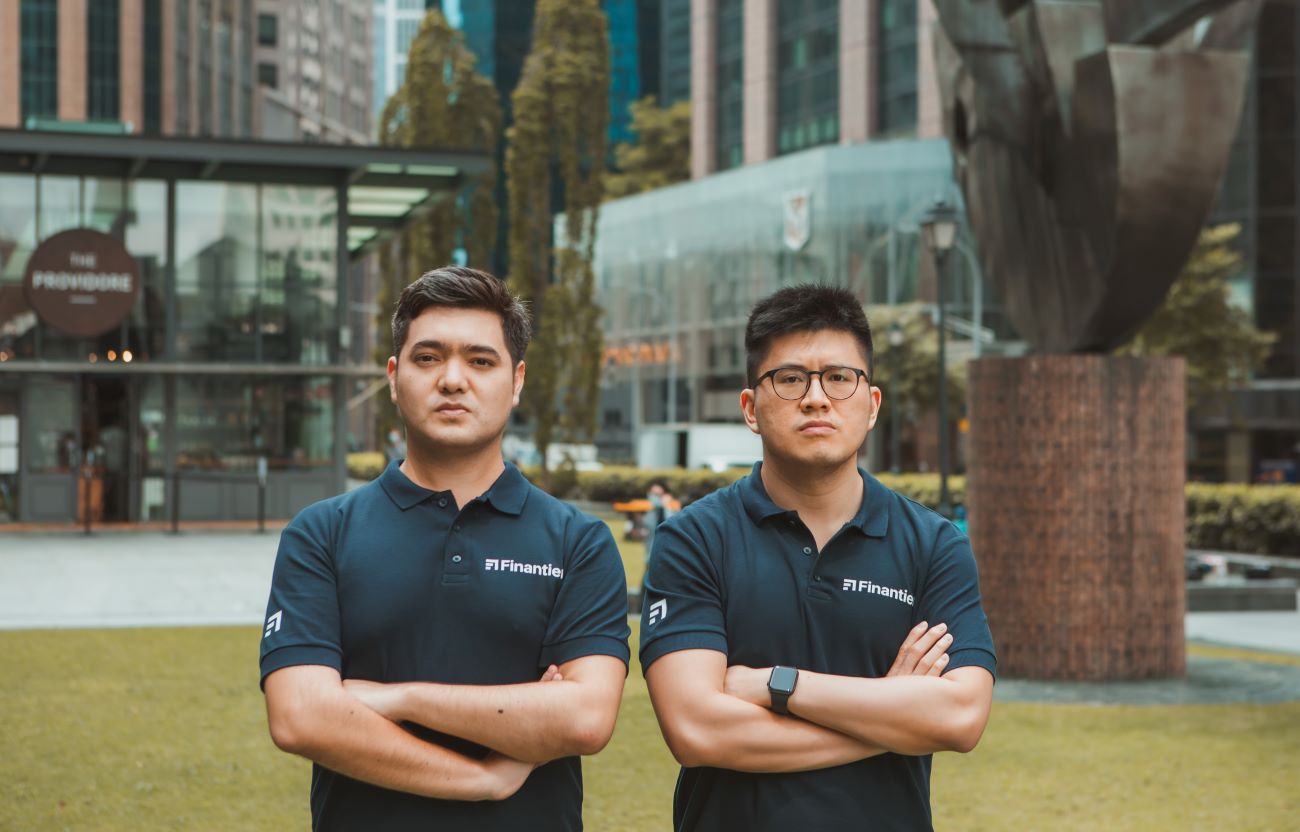Getting to Know the Various Concepts of "Open Finance" in the Digital World
View AyoConnect, Safe, and Finantier products and business models
Innovation and problems are two things that always appear side by side. Likewise in the world of fintech, especially in developing countries such as Indonesia with low bank account ownership, it is an easy place to innovate various financial products.
New terms have also emerged, there are open banking, open finance, or banking as a service (BaaS) all of these actually take advantage of the existence open API with different target targets. To clarify this term, DailySocial ask for interpretations from industry players working in this sector regarding the views of the two terms. There is a Safe, Finantier, and AyoConnect.
For Finantier, open banking is one of the building blocks, but not the only one in the world open finance. Temporary open finance it's bigger in aspect than open banking. On the other hand, open banking it is more centered around bank accounts. Even though the reality on the ground is that there are still many Indonesians who live their lives without interacting with bank accounts.
“Some companies have tried to do it open banking but this only serves the 30% of Indonesians who have access to a bank account. What about the other 70%? Although open banking "It can work in other countries, but here [Indonesia] is different," said the Co-Founder and CEO Finantier Diego Rojas.
Meanwhile, AyoConnect looks on open API with open banking is similar in that it allows interlinking and interconnection between multiple options through a single API. This condition has the potential to significantly speed up the integration process between parties, so that they can reach customers more quickly.
"The different is open banking it is initiated by banks for their third parties, while our API is initiated by ourselves enabling interconnection between billing providers and channel partners,” said AyoConnect Co-Founder and COO Chiragh Kirpalani.
Finally, Brankas sees that the easiest way to differentiate is placement open banking as a model or philosophy that supports the movement of people and companies to gain more access to payments and account information, with the owner's approval. Whereas open APIs are the tools necessary to enable that philosophy.
“Where companies can connect with it to do, for example top up on [platform] e-wallet using your bank credentials directly,” explained Brankas Co-Founder and CEO Todd Schweitzer.
Finantier, AyoConnect, and Brankas both utilize the sophistication of APIs to carry out their respective missions. In essence, they want to simplify existing financial services with APIs, so that end consumers can feel the benefits.
Various innovations
AyoConnect places itself sebagai open bill network, connecting billing companies, consumer platforms, and aggregators through one open network that can be accessed via a centralized API, the AyoConnect API. As a result, billing companies - such as telecommunications companies, apartment managers, educational institutions, insurance, and so on - can expand their payment points quickly and easily.
On the other hand, companies that have direct contact with customers, such as e-commerce, banks, retail stores, and other fintech applications, can provide their customers with access to 3 thousand billing products from 25 categories instantly.
Chiragh explained that all these solutions exist because the company sees itself as a provider. Bill payments have become a mandatory feature offered by consumer-facing platforms to maintain retention. If you do all this yourself, the actual margin that comes from these transactions is actually very small, and tends to even be unprofitable.

“Our value proposition to partners is to operate bill payments and digital goods as a profitable category from end to end. Our technology provides the infrastructure that helps clients grow faster, while focusing on their core business at the same time.”
Meanwhile, Brankas saw the opportunity offered open finance in Indonesia and Southeast Asia it is still very widespread. Schweitzer and his colleague, Kenneth Shaw, pioneered Brankas in 2016 with a vision of making modern financial services available to everyone.
“By helping banks set up new technology, helping online businesses connect easily to banks, we can create a new product category in the financial services industry.”
Safe Solutions include provide open finance for financial service providers (banks, lenders, e-wallets) who want to offer API-based products and online businesses or fintech companies who want to connect with banks.
Then partner with banks to build and manage infrastructure open finance they,produce APIs for payments real-time, identity, account opening, and more; provides API aggregation that allows online businesses to connect online real-time to several banks and embed financial services into their own products. There are several API aggregation products, namely account mutation, direct transfer, payment link, and disperse.
Schweitzer said that all of these product initiatives are based on the results of identifying problems faced by customers, and creating products to solve problems with better financial infrastructure. He gave an example, one of the creative innovations found was regarding opening an online account.
The company's online account opening products are in great demand during the pandemic because of the reduced activity of people coming to branch offices. The company partnered with campus organizations to streamline the process of creating accounts with Bank partners from Brankas, then changed the process from taking weeks to now taking less than 48 hours.

Meanwhile Finantier focuses developing services open finance so that consumers and businesses get financial services that can improve their financial well-being. This is done by providing valuable financial information about consumers and businesses to financial institutions and fintechs in the form of e-KYC, enriched financial data, and more.
With this information, financial institutions and fintechs can identify customers, assess their financial capabilities and what they will be like, to offer a variety of financial products, not limited to loans and insurance. Companies can also speed things up time-to-market and cutting costs in the development of custom-designed digital solutions.
“Companies can have a good picture of customers' financial health, and can even offer services “tailored” for each user. For example, with the information we provide, can provide more competitive loan interest to customers," explained Diego.
Ecosystem open finance This is important because the raw data collected by each institution is different. However, when the data is processed it will be very useful, but investment in this field is very large and takes time.
“The problem is that financial information is difficult to access. Even if someone gets access, how do you make sense of the data? The first problem is that there is actually a lot of financial information available, but it takes a lot of effort to get it. This is a difficult problem that we are determined to solve.”
Completely B2B
The presence of API players, such as the three companies above, completely targets companies as users, not retail consumers. Chiragh said the company charges partners a reasonable fee because they trust AyoConnect to handle it bill payment feature to keep partners lean, keeping costs in check overhead keep it minimal, and save them money overall.
Some of these partners include DANA, JD.id, Bukalapak, Pegadaian, Indomaret, Home Credit, telco companies, Indosat GIG, Bank Mandiri, and many more. “We first ensure that our partners' businesses are growing and that our incentives are aligned with each other.”
For Brankas, all users are companies from financial institutions and third party service providers. There are two business models that Brankas has, looking at it from the side supply and demand.
Schweitzer explained that for the supply side, the company is building infrastructure open banking, partners with financial institutions to open up their financial products and services in the form of APIs. The API can connect with third party partners.
Because all financial institutions have infrastructure and the implementation path taken by each bank is different, this business is monetized per project. “We typically work closely with banks by understanding their requirements, technical infrastructure and requirements to provide contracts that make sense for consumers.”

From the side demand, a Brankas service for startups, e-commerce companies, fintechs and others by providing aggregate APIs for payments-related and all-data related uses. For example, Brankas customers in the Philippines can transfer funds using the concept open banking through agreement end-user and make fund transfers peer-to-peer in third party applications.
This aggregate API helps partners no longer need to connect to multiple banks via multiple banks open The API uses a few standards. “Through Brankas, they can connect to a single API that gives them access to all financial services, which means less overhead in maintaining this connection. Therefore, in this model, we charge our customers based on successful transactions, i.e. paying for services as they work.”
Finantier is no different. They partner with fintech companies and financial institutions. Diego designs a solution win-win for consumers and businesses so they can gain access to financial services. Partners only pay according to usage (pay per use) every API call they make.
From here partners will benefit because Finantier's API provides them with valuable financial information, so partners can improve their performance much better. “When our partners do better, so do we. We currently work with 40+ partners and are rapidly scaling our team to meet increasing demand.”
Finantier COO Edwin Kusuma added that the majority of company partners come from banking, p2p lending, multi-finance, etc wealth management, and others. Creating an API is not an easy job, especially for financial companies with expertise in their respective fields. As a result, API development is carried out en casa costs a lot of money.
Even for companies . Even though they are a technology company, they need help from companies like Finantier to solve the problem. “For the company lending, their main business is lending, so for them to invest in technology and build a good technology team, it doesn't make sense to them. "Therefore, AFPI itself as an association encourages cooperation between p2p companies and other companies," explained Edwin.

Future open banking and open finance
Schweitzer believes that Indonesia is in the process of entering a new era open banking because banks are now competing to launch products and partner with fintech companies. For Brankas, this momentum is very profitable because more and more lenders are coming in insight finances that can be obtained to be redistributed.
“The pandemic has forced many banks to look for alternative business models, turning to digital solutions that help MSMEs. Bank Indonesia recently announced new regulations and permits coming into effect in July 2021 that will help support businesses looking to provide solutions open banking, whether related to bank account data or payment initiation.”
The implication from there is that there will be more and more real use for open banking, and will make APIs more familiar, widely available and widely accessed. People will finally be able to set up bank accounts more quickly, make payments more smoothly, and share financial data to gain access to credit, which has previously been difficult.
In response, Brankas plans to launch new products in the coming months for fintech and other startups that want to partner with banking services via API to empower their users. Then, work with more banks to open their core systems through open API, so that more companies connect directly with banks and make it easier to transfer funds and data.
“Finally, looking for ways to connect Indonesia to the regional fintech ecosystem through open banking. Part of this requires Brankas to launch in new markets, something we will see more of in 2021.”
Diego's view is also not much different. He sees API use increasing exponentially in Indonesia, along with the number of technology companies operating. This momentum is increasingly valuable because more and more valuable information about consumers and businesses has become available that previously could not be utilized.
“With our APIs, we help create new business models that didn't exist before. More companies will use our solutions and enter the financial ecosystem, providing new and innovative products. Ultimately, this is good because consumers and businesses benefit from increased financial access and better ways to improve their financial well-being.”
Lastly, AyoConnect will continue to expand the ecosystem open bill networkit is connected to many more very large and highly fragmented bill payment companies. “That's where we're going to direct our focus for now. "Therefore, we will remain dedicated to expanding our network and developing solutions for our partners," concluded Chiragh.
Sign up for our
newsletter
 Premium
Premium
